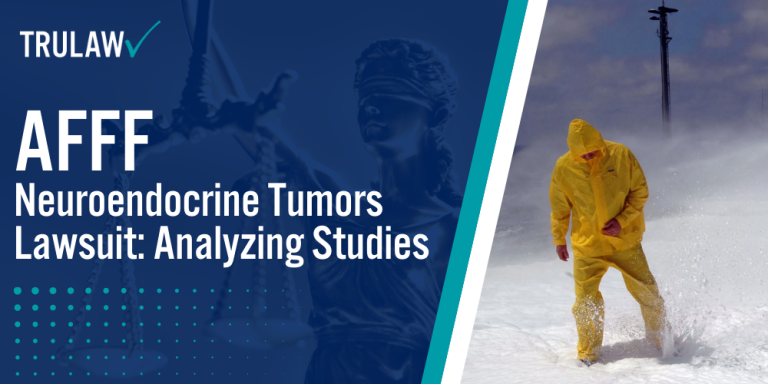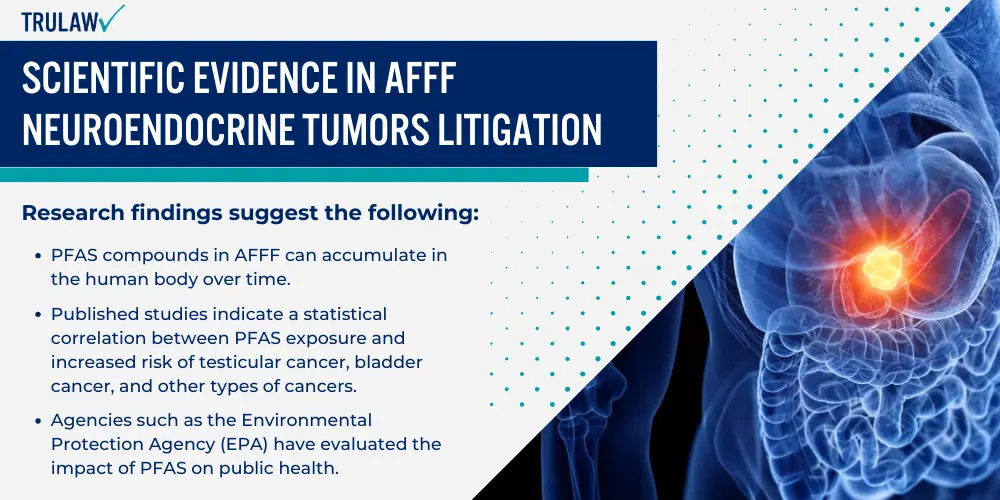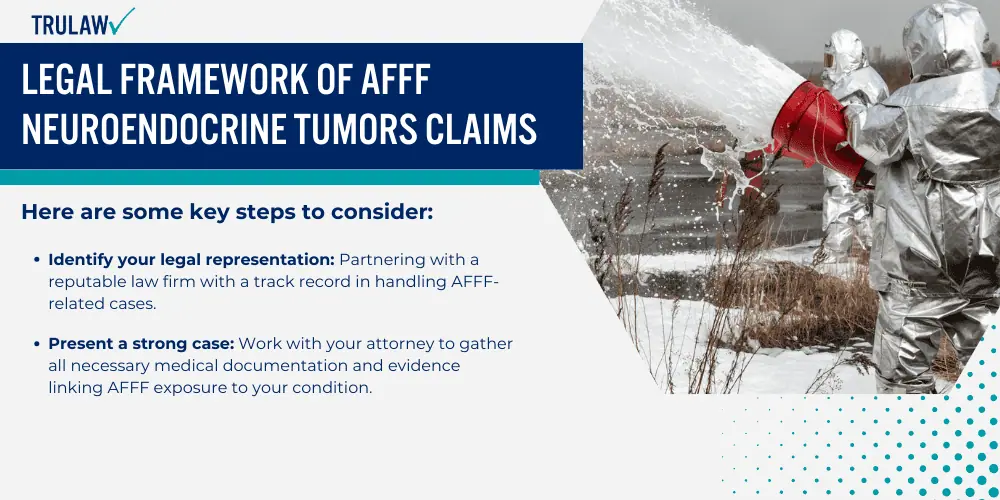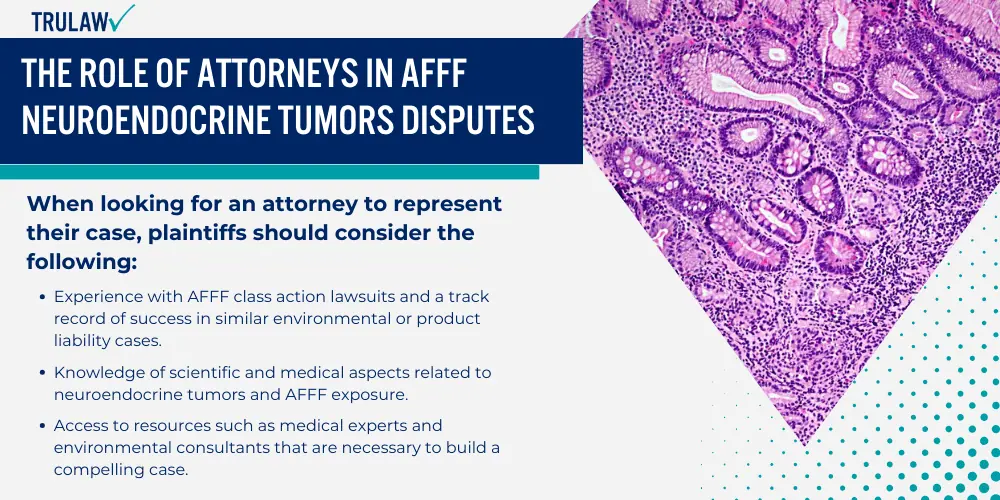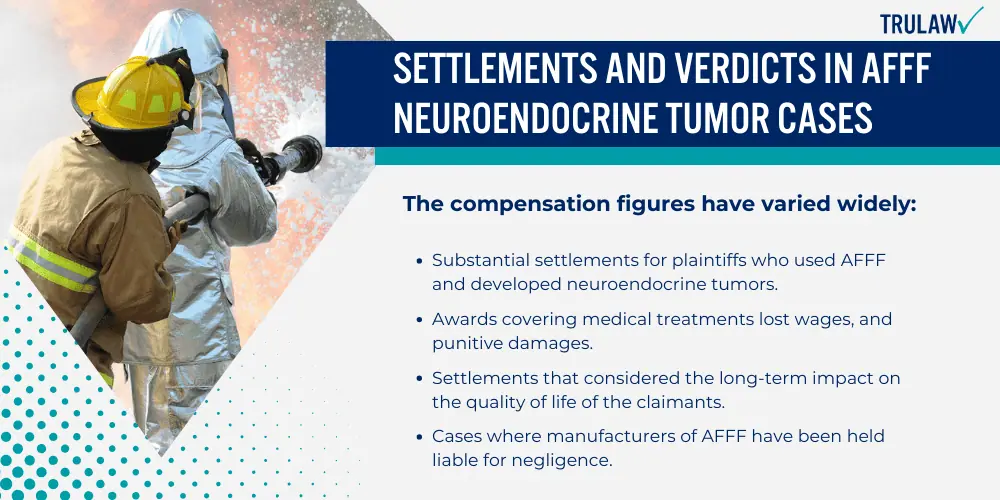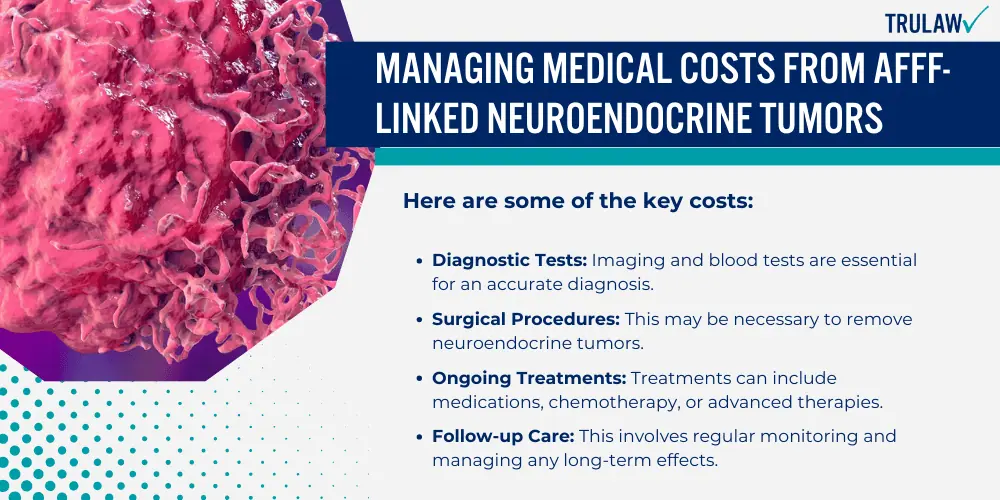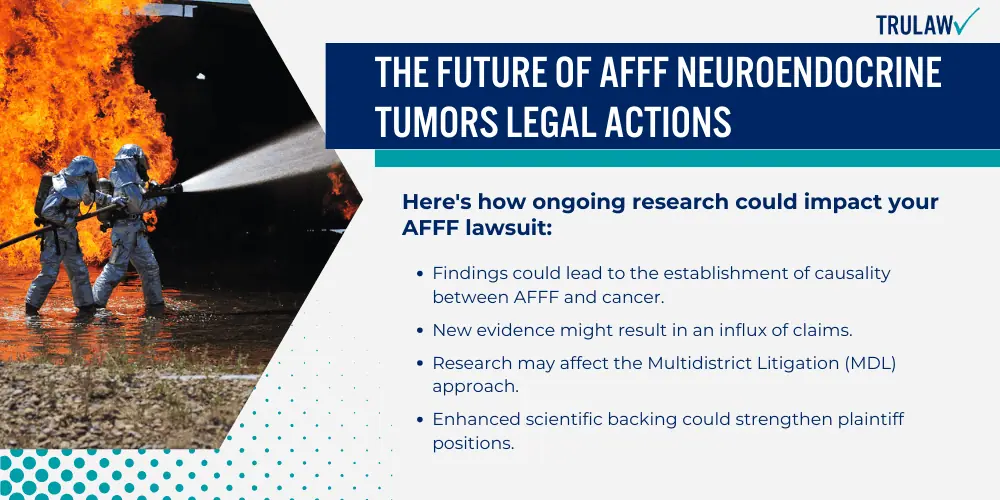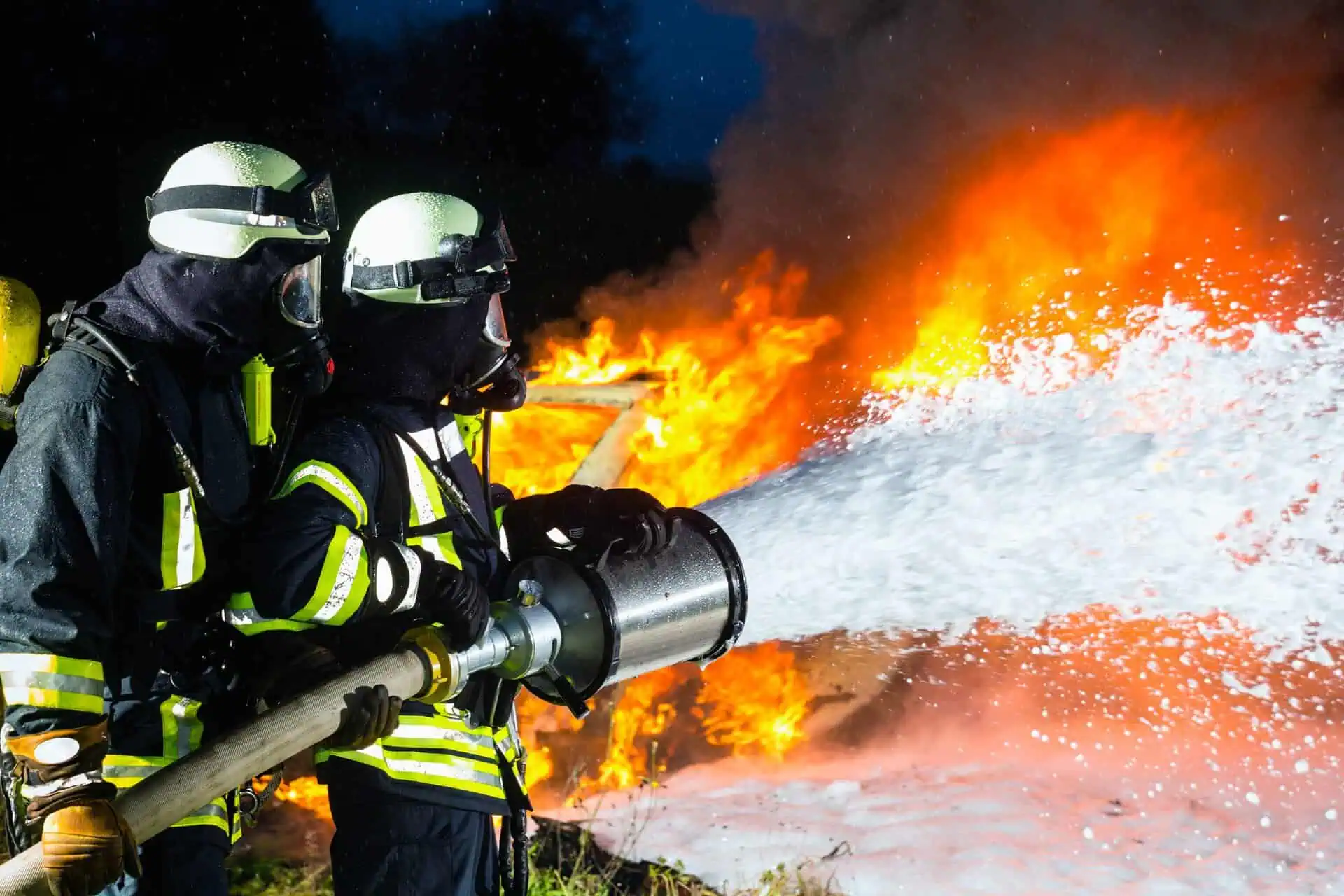The narratives of individuals who developed neuroendocrine tumors as a result of exposure to aqueous film-forming foam (AFFF) are central to firefighting foam cancer lawsuits.
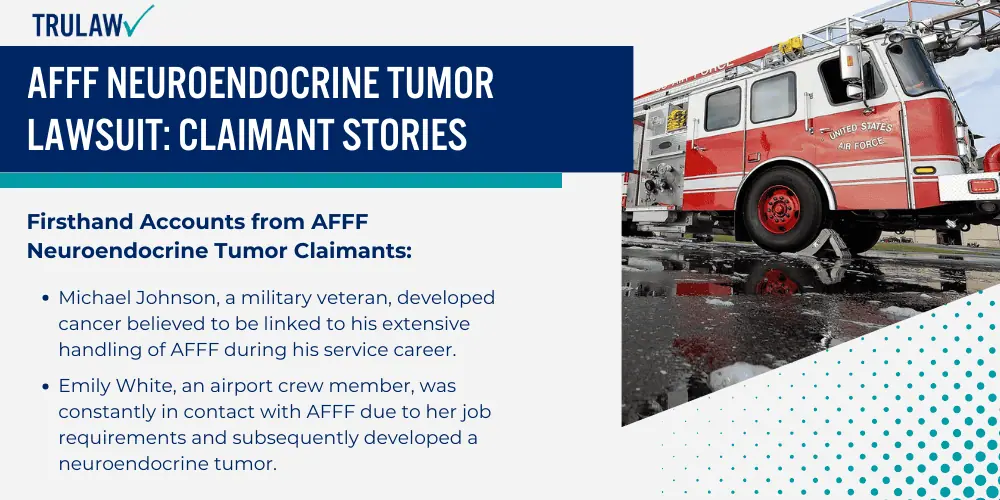
Their experiences underscore the gravitas of personal injury claims and the demand for just AFFF foam cancer lawsuit settlements.
Firsthand Accounts from AFFF Neuroendocrine Tumor Claimants
The personal injury claims arising from AFFF exposure tell a story of struggle and the pursuit of justice.
Each account details the moment of receiving a pancreatic cancer diagnosis, the challenges faced during treatment, and the impact on the claimants’ lives.
Firsthand Accounts from AFFF Neuroendocrine Tumor Claimants:
- Michael Johnson, a military veteran, developed cancer believed to be linked to his extensive handling of AFFF during his service career.
- Emily White, an airport crew member, was constantly in contact with AFFF due to her job requirements and subsequently developed a neuroendocrine tumor.
Each claimant’s experience adds a unique perspective to the collective fight in AFFF foam lawsuits against the manufacturers for failing to warn about the carcinogenic effects of the foam.
The Human Impact of AFFF on Neuroendocrine Tumor Sufferers
The AFFF firefighting foam lawsuit is not just a legal battle—it’s about individuals who have suffered immensely.
The stories behind these foam cancer lawsuits are the driving force behind seeking accountability and compensation.
Here’s a look at the profound impact AFFF exposure can have:
- Trauma: Each plaintiff copes with the trauma of a life-changing cancer diagnosis.
- Financial Strain: The cost of treating neuroendocrine tumors has led to financial hardship for many affected families.
- Lifestyle Alterations: The onset of kidney cancer has forced sufferers to change their day-to-day lives dramatically.
- Emotional Toll: The emotional distress from dealing with cancer and the legal process can be overwhelming.
These individuals are not just claimants in a lawsuit; they are people who have had their lives upended by a disease that may have been preventable had there been adequate warnings about the dangers of AFFF.
